Caraway seed (Latin: Carum carvi) is a biennial perennial. The plants belonging to the umbelliferae (Apiaceae) grow up to a height of half a meter.
Occurrence & cultivation of caraway seeds

Caraway seed is therefore related to dill, parsley and fennel. The Apiaceae group also includes the carrot tree, which looks very similar to caraway with its feathery leaves and umbrella-shaped white to reddish flower umbels.
Humans have been using caraway since prehistoric times. Ancient sources already mention caraway as a medicinal and aromatic plant. Originally native to the Middle East and the Mediterranean, the caraway found its way into the central European monastery gardens.
From there, caraway seeds grew wild, especially in the low mountain ranges in the heart of Europe. Cooks and doctors appreciate the brown, curved fruits because of their aromatic ingredients.
Effect & application
Caraway seed contains essential oils and some fatty substances. The characteristic intense scent of these substances gives hearty dishes an additional touch. The pharmaceutical effect of the essential oils in caraway develops mainly in the gastrointestinal tract. Here, caraway has an antispasmodic and digestive effect by stimulating the secretion of bile substances. These "emulsifiers", produced in the liver, are needed for fat digestion.
Caraway is also a well-known remedy for gas and is often used, especially in children. The essential oils in caraway seeds also inhibit the growth of bacteria and fungi. In terms of quantity, the whole caraway seeds are used the most. The both spicy and healing effects come into play by adding caraway seeds to dishes. The fruits can also be used to make tea for acute digestive problems. Then it is advisable to crush the fruit so that the active ingredients are optimally absorbed into the aqueous solution. Gastrointestinal teas are available in stores that contain caraway seeds in addition to other medicinal herbs.
Caraway is available in concentrated form as a tincture. An alternative to these alcoholic extracts is the pure essential oil. The manufacturers extract the 100% active ingredient from the caraway by distillation. The concentrate unfolds its effectiveness with the ingestion of only 1 to 2 drops. Applied externally, caraway oil promotes blood circulation.
In addition to the liquid medicines, pharmacies also offer powdered caraway, which is mainly contained in other herbal mixtures. Pressings of such powders in tablet form are easier to dose. There are fast-acting caraway suppositories especially for children. In addition, caraway is also a component of some mouthwashes that are used for disinfection. Furthermore, caraway seeds are processed into homeopathic preparations.
Importance to health
Caraway seed is mainly used in the kitchen in cabbage dishes. This is not only due to the taste, but the "carminative" effect prevents flatulence. Responsible for this is the antibiotic effect that has been proven for caraway. The inhibition of microbes prevents excessive fermentation processes in the intestine. With the same effect, the age-old antibiotic prevents intestinal infections.
Caraway seeds are also said to help against the colonization of the dreaded "Heliobacter pylori". The bacteria cause ulcers in the stomach and duodenum.
Folk medicine says that caraway has some other health effects that have not been scientifically proven. Caraway seeds are said to promote the production of breast milk and help against symptoms during menstruation. It is very likely that caraway seeds have a healing effect on colds such as coughs, because other essential oils are also used for infections of the respiratory tract. The aromatic oils also help with headaches and can relieve toothache.

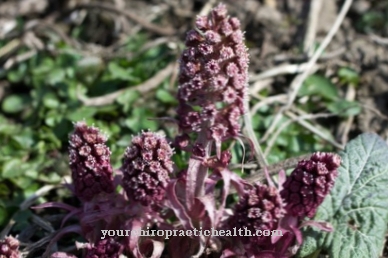
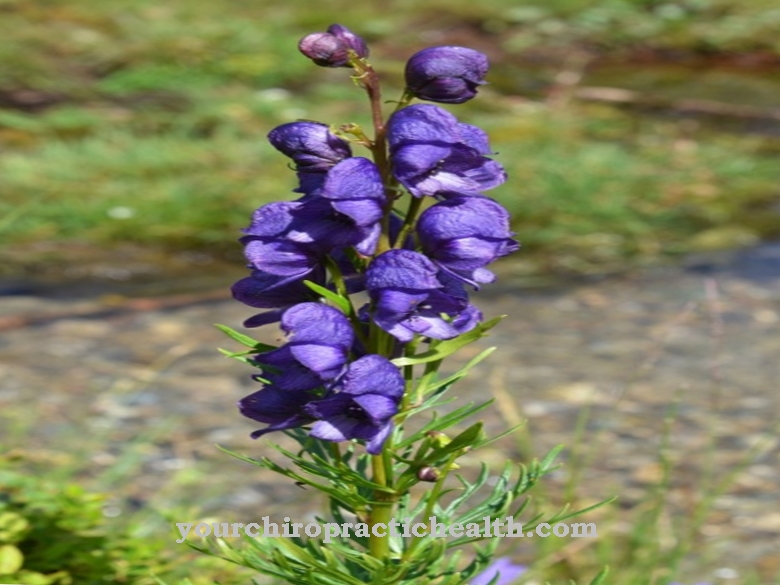
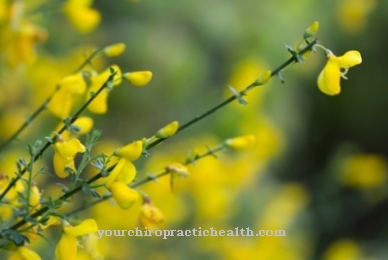
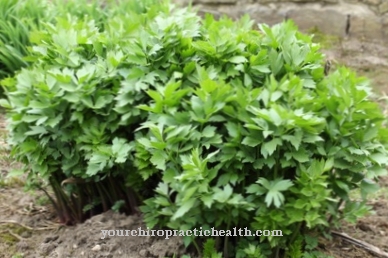
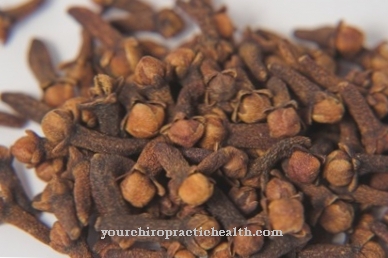
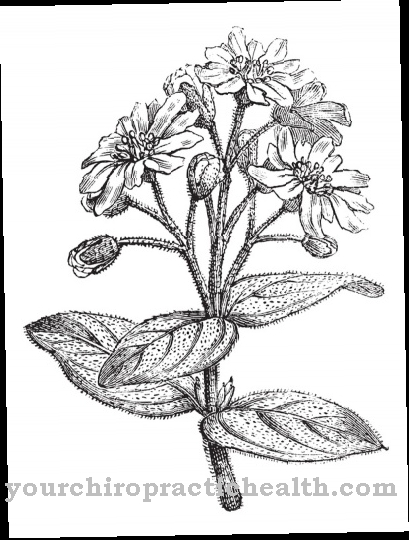

















.jpg)



